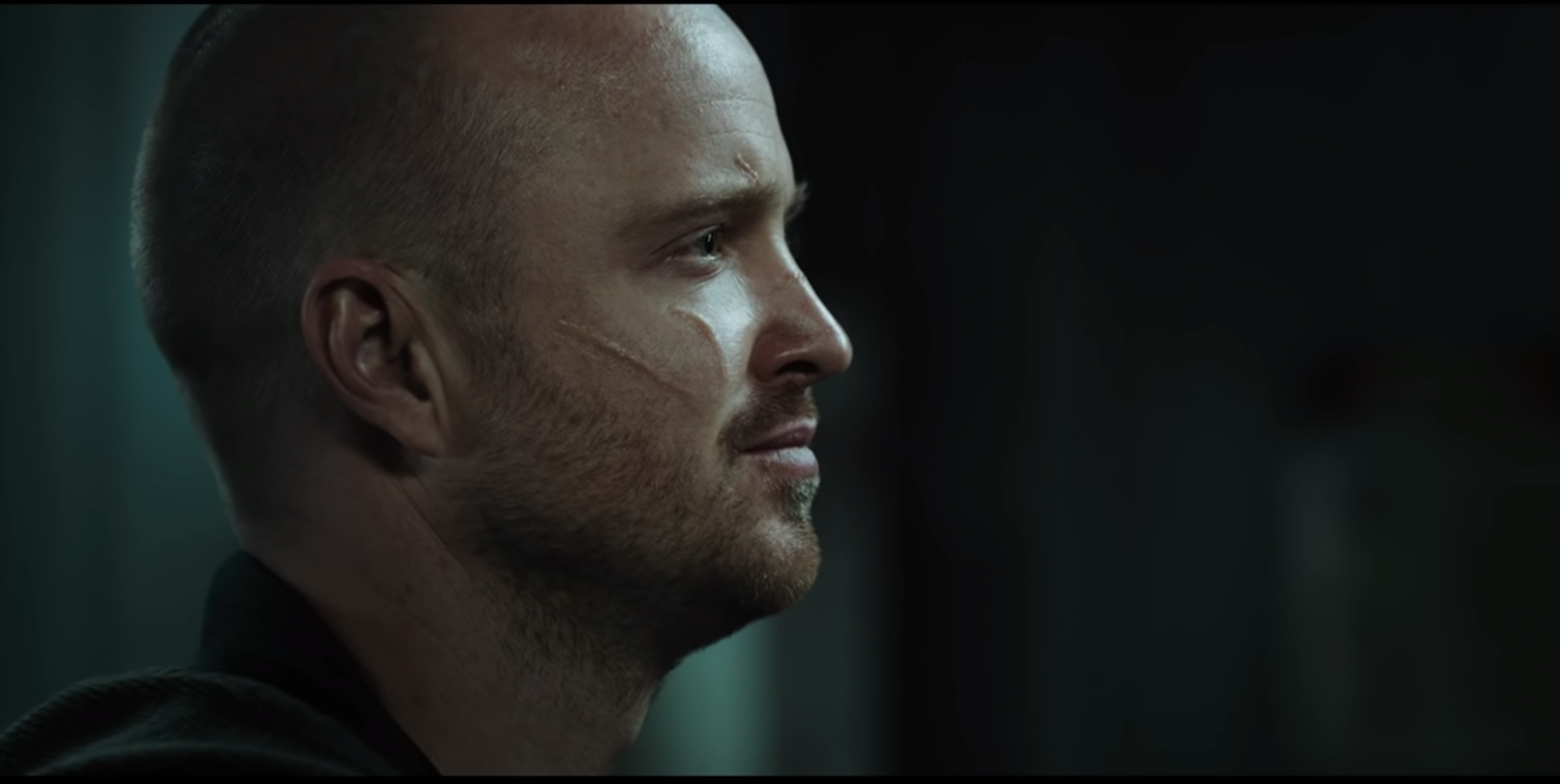El Camino is a successful extension of the Breaking Bad franchise


This article contains spoilers for Breaking Bad and El Camino
I firmly believe that Breaking Bad ended on an incredible — if not perfect — note.
Jesse Pinkman, the emotionally damaged little criminal with a heart stronger than any of the bullshit he was put through finally escaping and driving off with nothing but presumed freedom ahead of him? Yeah, bitch.
It wasn’t absolutely imperative for me to know what happened to my favourite Breaking Bad character after those closing credits stopped rolling, but I certainly enjoyed the ride that El Camino took me on once again.
Writer and director Vince Gilligan led viewers down a familiar path with this Netflix release, revisiting Jesse right where he left off after the season finale.
My biggest piece of praise for this movie is that it never felt like it was trying to outshine the series it came from.
It wasn’t attempting to be bigger and better — it’s merely a continuation to a story and body of work that’s already strong enough on its own.
Watching El Camino felt like sitting down to binge an extended episode of Breaking Bad. It’s pieced together with flashbacks that give the audience a balance of nostalgia and brief visits from beloved fan favourites like Mike and it’s paced carefully, without seeming rushed.
And if this was an excuse to showcase the range and depth of Aaron Paul’s acting abilities, then the creators truly succeeded. The story is carried by a character who was never the central focus of the television series and it’s done so effortlessly.
Jesse is equally as heartbreaking and funny as he was throughout the show and he’s developed over the course of the movie so that his immaturity slowly ebbs further and further away, but pieces of his charming innocence remain — like the brief moment where he’s holding a beetle, a direct callback to the season two episode “Peekaboo,” where a similar moment occurs.
And as much as I originally despised villains Walter White and Todd Alquist, revisiting them felt natural and needed for the closure of Jesse’s character and to fill in the gaps that the series left when it originally ended. Todd is an antagonist who is unsettling in almost every possible way, and his unnerving amicability and overall demeanour are more evident than ever before.
He’s a stark contrast in comparison to Jesse, whose ever conflicted attempt at retaining his own humanity is constantly something that he struggles with.
This is a dark moment that’s addressed when Jesse is forced to help Todd with disposing the body of his murdered cleaning lady — he casually removes the belt around her neck and puts it back on his pants, acting as though it was a completely normal thing to do. While Todd added needed context to the storyline, Walt’s brief reappearance onscreen isn’t overindulgent, and it’s timed so that his doesn’t, at least to me, seem like a cheap attempt at fan service.
He isn’t copping his Heisenberg drug king persona — he’s the tightly wound, awkward Walter White that’s really hidden underneath, which is why it works so well.
The scene provides some of the emotional padding that the movie needs — and it’s executed brilliantly by both actors. My biggest hesitation and stress going into this movie was that I was expecting Jesse to die — it would have felt like such a waste for his suffering and struggle to be for nothing.
Thankfully, El Camino concludes on a quietly poignant note with a flashback to a moment he shared with his deceased girlfriend Jane, and he’s given a sendoff that completes his journey in the most gratifying way possible — he finally has the ability to start over.
While this film doesn’t do anything particularly groundbreaking like Breaking Bad managed to do during its run, it’s a quietly successful extension of the franchise that’s worth the watch for any fan of the series.


